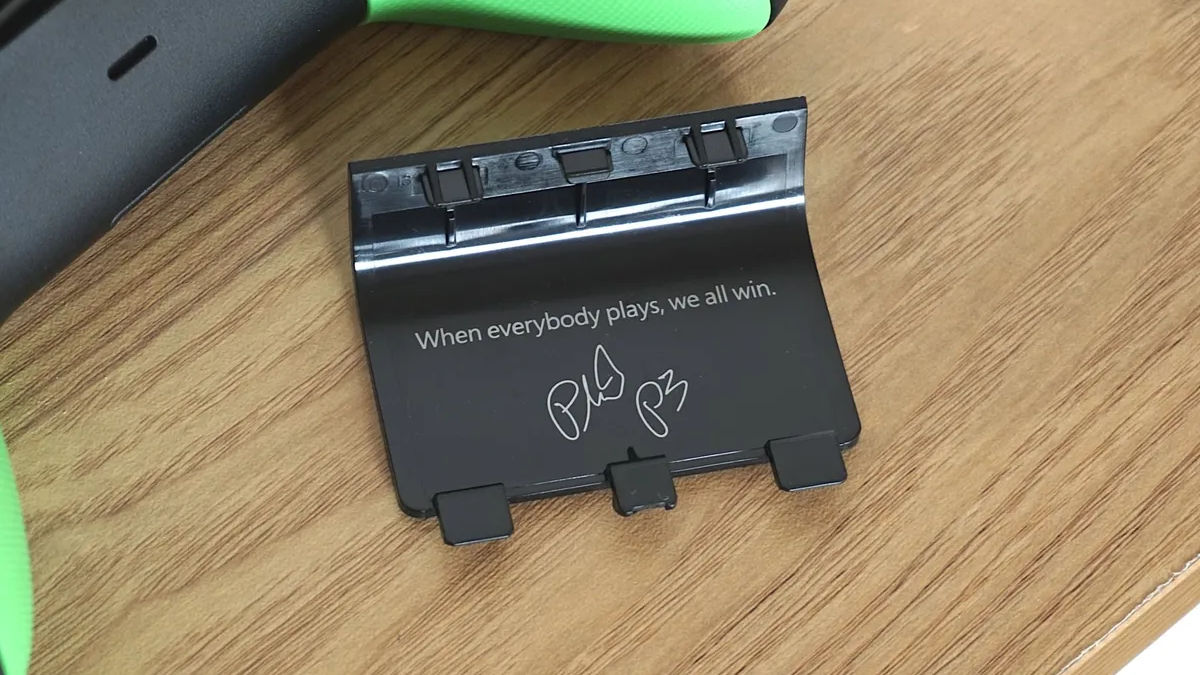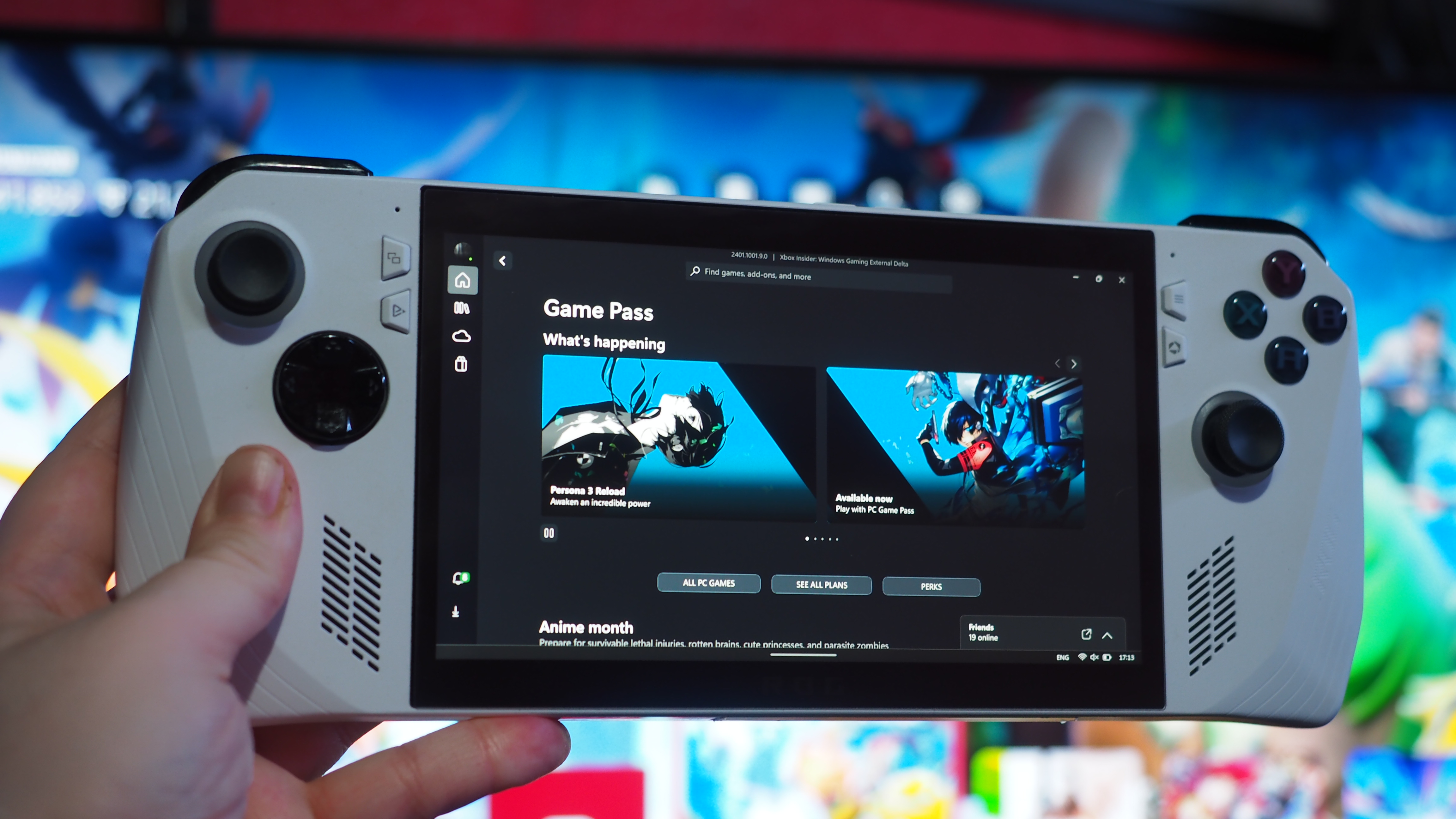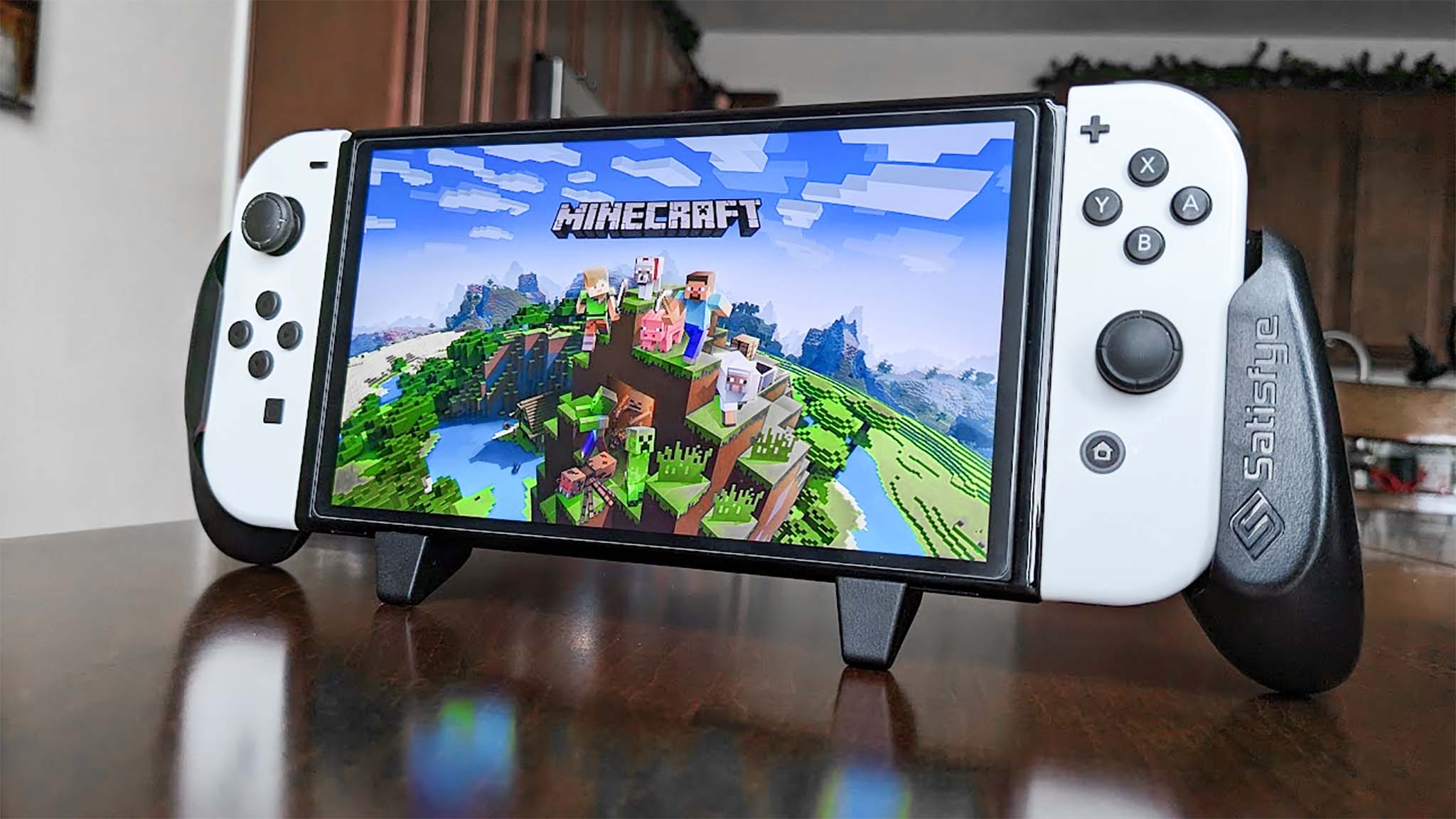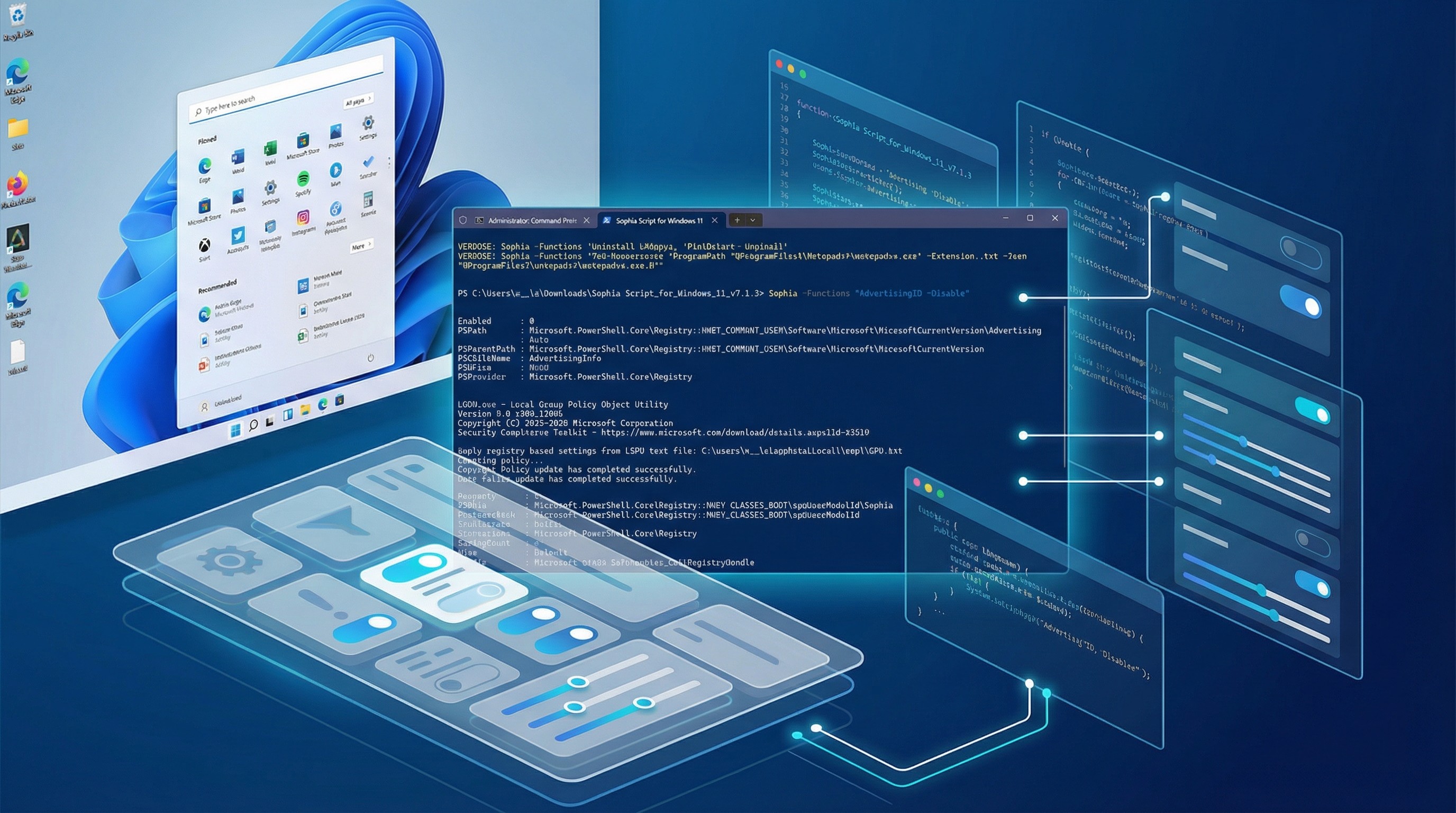When it comes to Xbox games on PS5 and Nintendo Switch, Phil Spencer has been saying it all along
When everybody plays, we all win. And he's right.
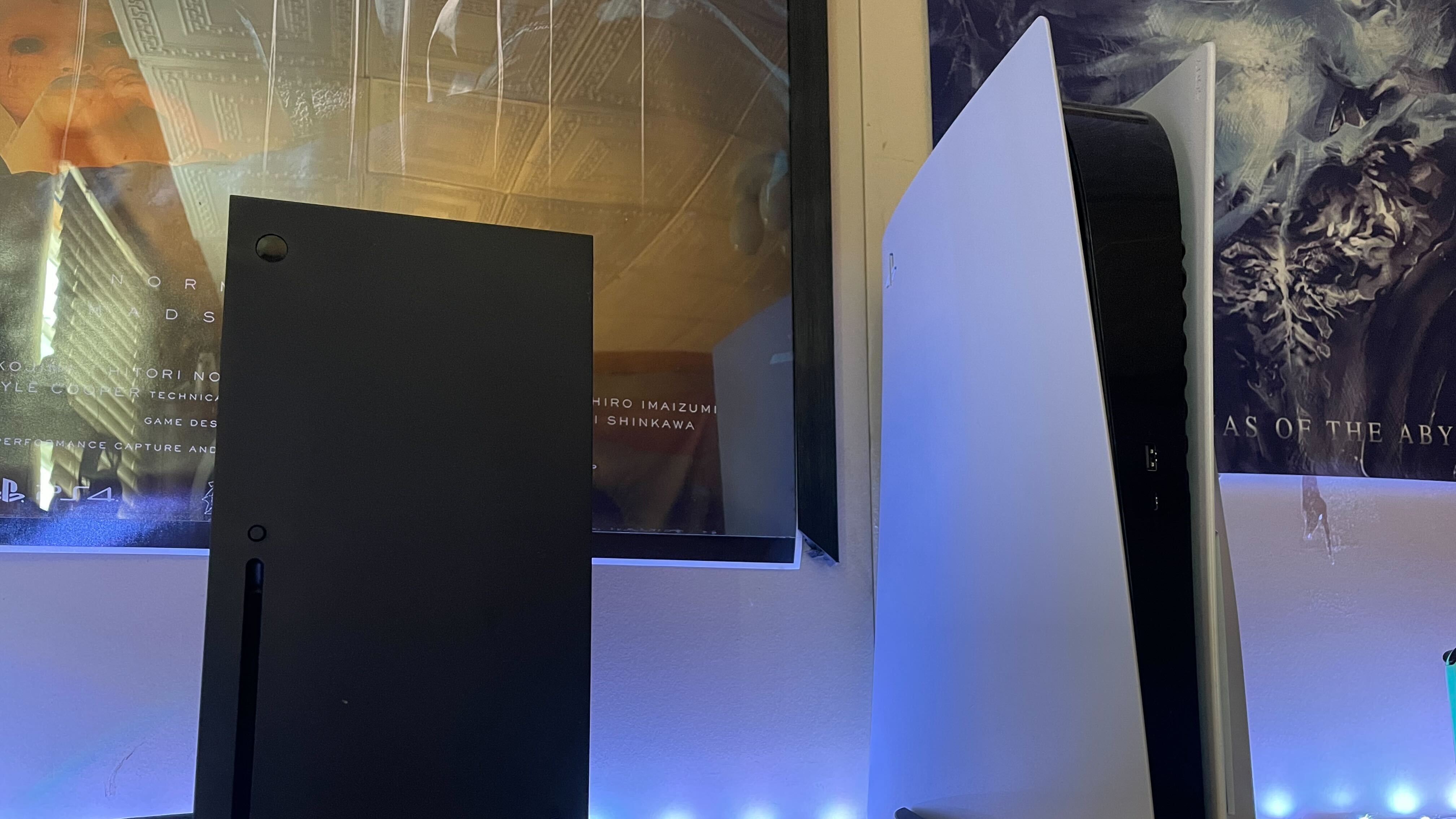
All the latest news, reviews, and guides for Windows and Xbox diehards.
You are now subscribed
Your newsletter sign-up was successful
The Xbox community is an interesting place to be right now. That's putting it as politely as I can. The impending "business update" promised by Microsoft Gaming CEO Phil Spencer, the constantly swirling rumors of Xbox first-party titles heading to the PS5 and Nintendo Switch, and honestly, a number of folks out there on social media that really aren't helping themselves or the overall situation.
But here's the deal. It shouldn't be a big deal. I'm old enough to have lived through the 'console wars,' and I'm tired of it. I've been console gaming for over 30 years now. I'm tired, cranky, and certainly have a different outlook on gaming than I once did. You are not the box under your TV, and you shouldn't succumb to tribalism over a piece of hardware. Be it a console, a PC, or the smartphone in your pocket.
"When everybody plays, we all win."
Phil Spencer has been saying it all along. He even printed it inside the Xbox 20th Anniversary controller.
Truer words never spoken
More people playing great games is a good thing. It's never, ever been a bad thing. Why should your choice of console or PC be a barrier to having a good time with your friends, family, or complete strangers over the internet?
I'm going to use a personal example here. My son and I have had a lot of fun playing Minecraft Dungeons together. He would play on his Nintendo Switch, and I would play on my Xbox, but we could both play the same game, separately or together. At the time it came out, he didn't have an Xbox of his own. So, if this Microsoft-owned game had been an Xbox exclusive, we would have missed out on this time.
But in the wider picture, how many others would have missed out had they not been able to play this game on their Switch or PS5? This is the key to the message. Even though he now has an Xbox Series S, my son still gravitates towards his Switch more often. This is in no small part because it's portable, and he can play it sitting in bed, on the sofa, or he can take it out of the house and play on it with his friends when they're together.
All the latest news, reviews, and guides for Windows and Xbox diehards.
In what universe is it a bad thing if more people, kids, and adults alike, get to experience great games? I bought a PS5 at launch but sold it recently because I just wasn't using it. Why's that? Because I have an Xbox Series X and a PC, and Sony is putting more and more of its games on the latter now. I can still enjoy some of those games (still waiting for Spider-Man 2, by the way, Sony) without the need to worry so much about which box I need to buy. This is a good thing.
Microsoft has been expanding Xbox beyond the console for years anyway
Microsoft has its own hardware but is predominantly a software and services company. It's obviously doing a lot right, given its recent ascendancy to the lofty heights of a $3 trillion market cap and the title of the most valuable company on the planet.
Take a step back and look at recent years, too. Microsoft didn't buy Activision to sell more Xbox consoles. The expansion of Xbox beyond the physical console has been happening for years, too, first to the PC, then to the cloud. Xbox isn't dying; it's positioning itself for the future. A future where more people than ever before can play its games.
I'm not necessarily saying that everything Xbox makes should suddenly be thrown onto PS5 and Switch. After all, we're not getting Spider-Man or Gran Turismo, Zelda or Mario on Xbox any time soon, are we? Exclusives are still going to be a thing in gaming. I can't see a world in which either of the two Japanese console makers will start considering fewer exclusives. Nintendo's entire business strategy seems to be built on playing on the nostalgic fandom it has acquired over the decades.
Microsoft is a smart, successful company. These kinds of decisions don't happen overnight. If, indeed, Xbox is going to start shipping more of its first-party titles to competing consoles, then it must mean they see an avenue for success. A successful Xbox means more money, more great games, and more jobs for people to make those games.
Other console players having games to play shouldn't impact your own enjoyment
This may be my parent-head kicking in, but your own happiness and enjoyment of your games should not be linked to whether they're exclusive to the piece of hardware you decide to play them on. If you're having a good time, that's what matters, but also that others are having a good time, too.
I hate tribalism. I hate that one side has to be better than the other. The reason I've stayed invested in the Xbox platform despite buying the other consoles is that I enjoy Xbox the most. I enjoy it more now because increasingly I don't have to play Xbox games on the box under my TV. I can play them on my laptop, my gaming PC, my Steam Deck, or even my phone.
That's why I'd always recommend Xbox to others, too. I just think it has the better overall platform. You're not as locked into a device as you are with the others. I enjoy that freedom.
Whatever you enjoy, more people potentially being able to play more great games definitely shouldn't impact your own experience. In theory, it should make the future better. It's certainly not a reason to throw away a thing you bought, and definitely not a reason to get angry on the internet.
Always remember the wise words of Phil Spencer that inspired this very post. When everybody plays, we all win.

Richard Devine is the Managing Editor at Windows Central with over a decade of experience. A former Project Manager and long-term tech addict, he joined Mobile Nations in 2011 and has been found in the past on Android Central as well as Windows Central. Currently, you'll find him steering the site's coverage of all manner of PC hardware and reviews. Find him on Mastodon at mstdn.social/@richdevine
